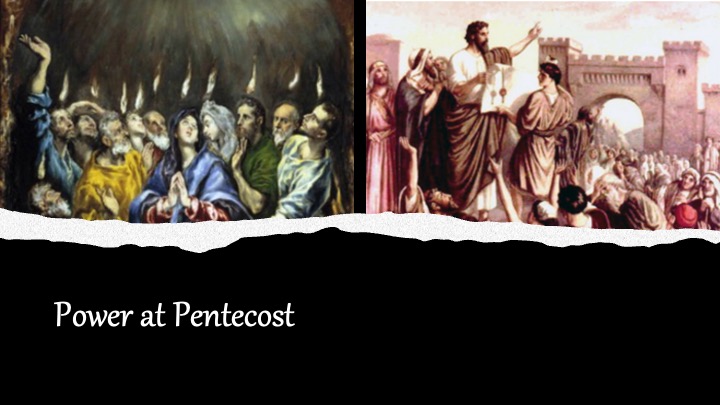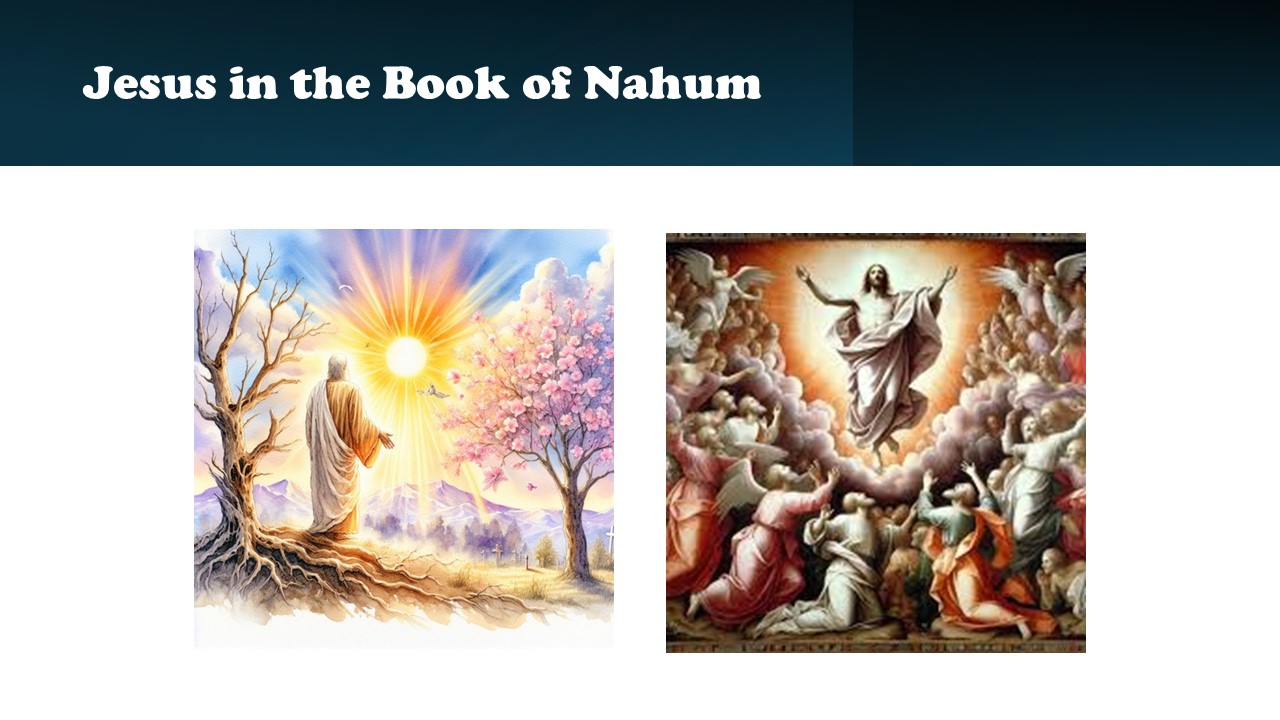Under King Hammurabi's reign, Babylon emerged as a dominant city, possibly the world's largest at its peak. Its significance was revived under the Neo-Babylonian Empire, notably through King Nebuchadnezzar II's monumental building projects, such as the Ishtar Gate and the Hanging Gardens, showcasing the city's grandeur and military might.
In the first of a two-part special episode, on one late summer night, our narrative focuses on Belshazzar, Nebuchadnezzar's successor, who indulges in a lavish banquet to display his wealth and power, while Daniel and his companions, captives from Judah, quietly reflect on their faith amidst the palace's festivities. Unbeknownst to the revelers, Cyrus, the Persian king, plans a surprise attack on the city, exploiting the Babylonians' distraction. The story contrasts the ephemeral pleasures of Belshazzar's feast with the enduring strength of faith and the looming threat of Cyrus's imminent assault, highlighting the transient nature of earthly power and the importance of spiritual steadfastness.

Pentecost is significant in both the Old and New Testaments. “Pentecost” is actually the Greek name for a festival known in the Old Testament...

Ecclesiastes is a book of perspective. It shows us a man who lives through the process of searching for meaning and comes out on...

Today’s episode centers on the prophet Nahum, exploring how his often-overlooked book foreshadows themes about Jesus within the grand tapestry of the Bible. It...